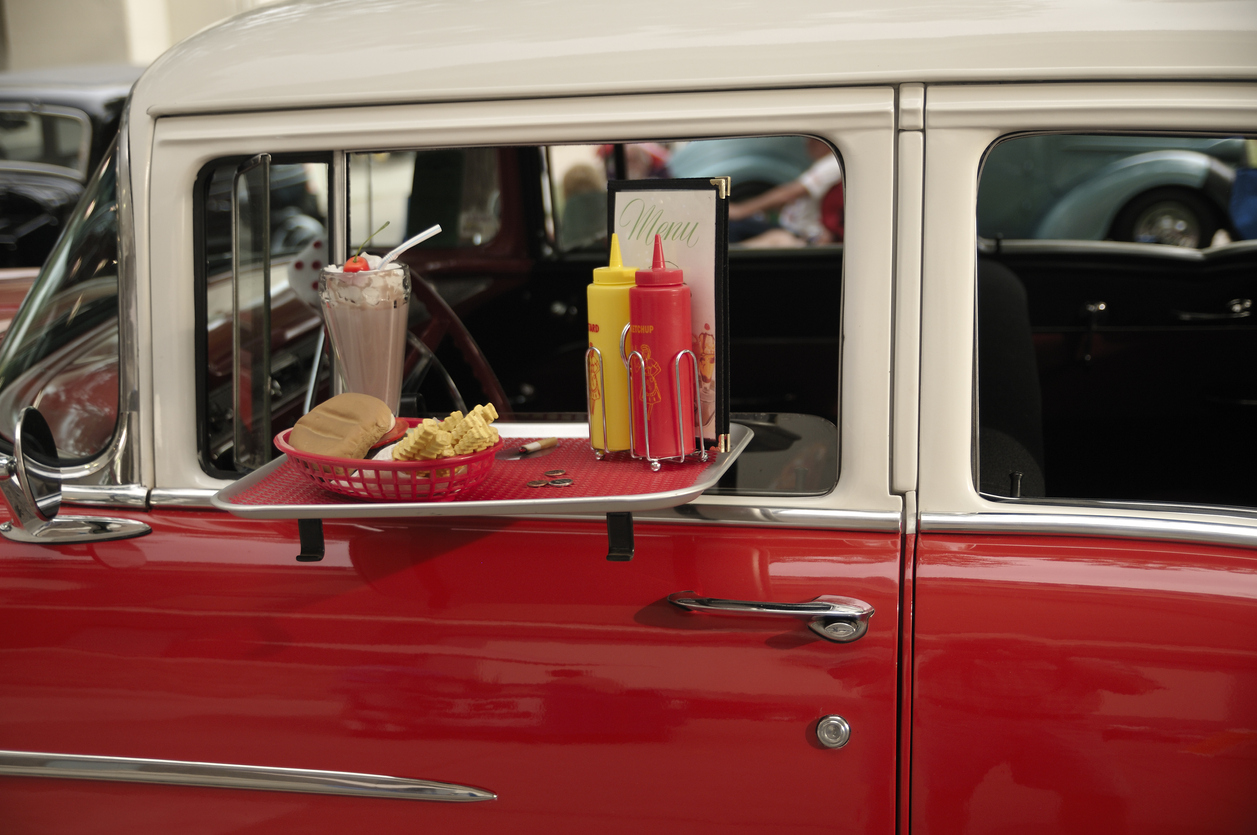It’s heartbreaking when a restaurant loses a menu item, and it’s even worse when the restaurant leaves the world altogether. We still hold these canceled fast food chains in an important part of our hearts.
Kenny Roger’s Roasters
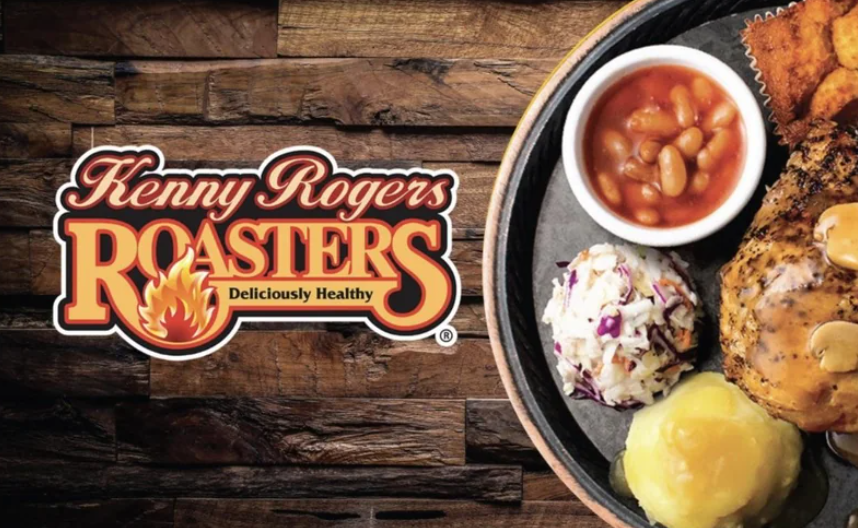
If you’re a fan of Seinfeld, you may remember Kenny Roger’s Roasters. Technically, this fast food restaurant is still hanging on, but not in the United States.
The company found some success in Asia, so fans will have to travel pretty far to find it. A Malaysian firm bought the trademarks in 2008.
The Ontario Mills Mall in California held the last open location, but it has since closed. Now where are we supposed to find our “deliciously healthy” fare?
Burger Chef
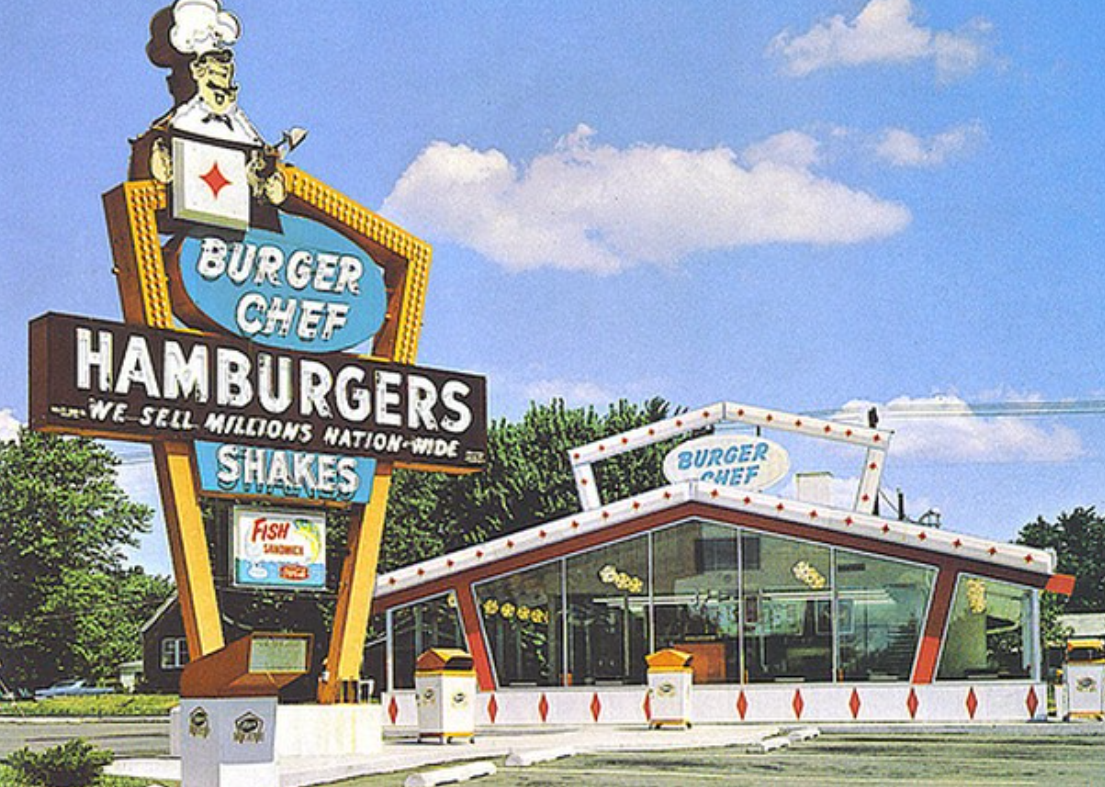
Did you know that McDonald’s used to have a competitor that wasn’t Burger King or Wendy’s? Back in the mid-1950s through the 1980s, there was Burger Chef.
Burger Chef deserves credit for creating the Happy Meal (or as they called it, the Fun Meal) way before McDonald’s. So, what happened to this chain?
Supposedly the company expanded way too quickly. Also, the fact that four employees from an Indianapolis location were kidnapped and fatally attacked didn’t help with good press.
The All American Burger
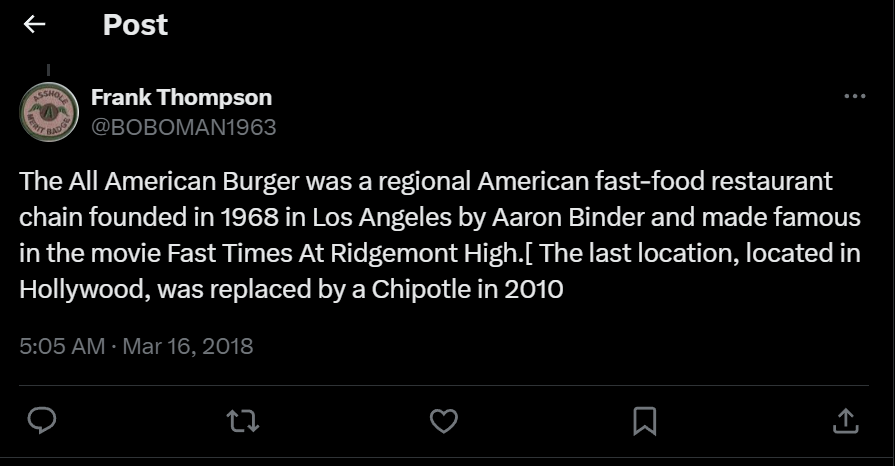
If you’ve seen Fast Times at Ridgemont High, this chain will probably sound familiar. Since its name is so common, it’s challenging to figure out the history.
The All American Burger chain was founded in the ’60s by a guy named Aaron Binder. He opened up All American Burger locations throughout Los Angeles, CA.
The chain reportedly filed for bankruptcy, and one of the last known locations operates as a Chipotle. But it lives on in nostalgic posts everywhere.
Howard Johnson’s
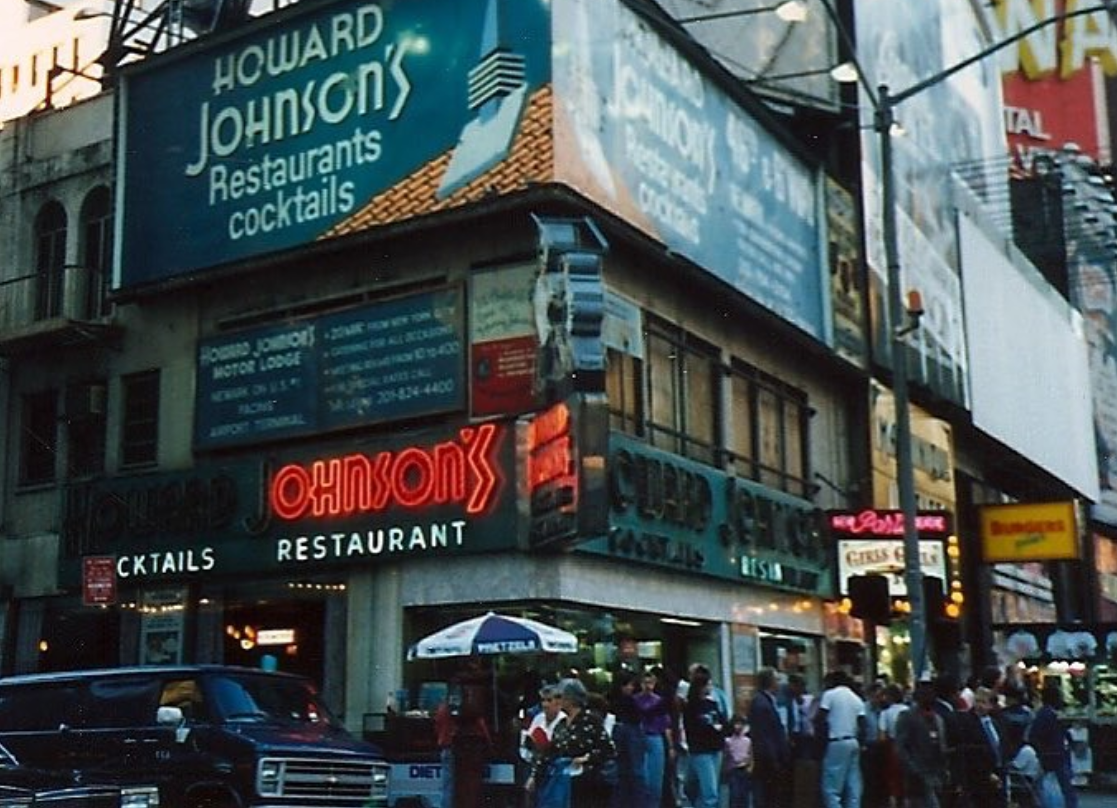
Real fans referred to Howard Johnson’s restaurants in New York as HoJo. Don’t confuse the HoJo restaurant chain with the HoJo hotel chain — they’re different things!
There were multiple HoJo locations at one time. Now, only one still exists, located in Lake George. And even that restaurant may not be around much longer.
Authorities detained the restaurant manager for alleged illegal activity in 2017. We’re not sure if customers still frequent the location, but HoJo lives on in our memories.
Pioneer Chicken
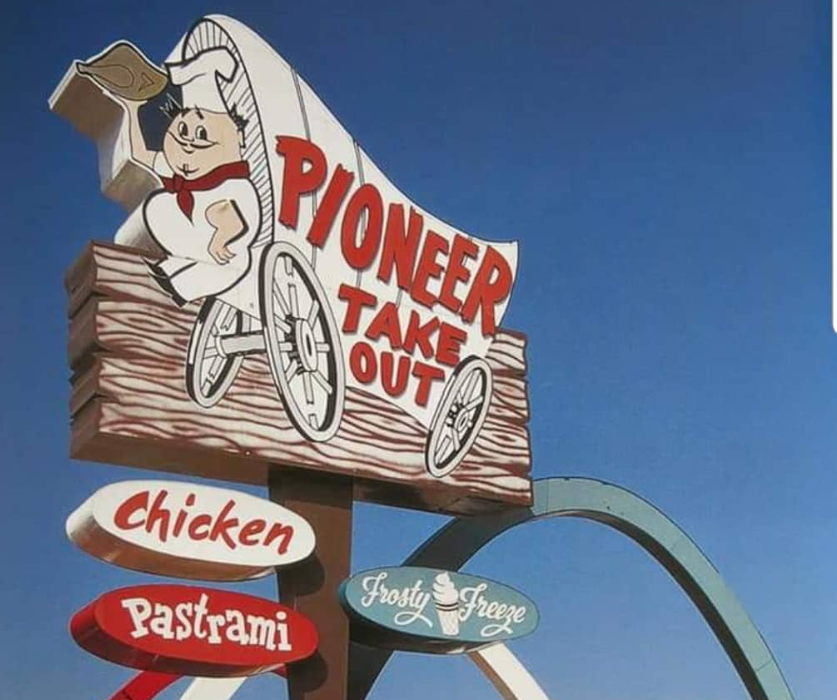
If you thought KFC and Popeye’s were the only popular chicken chains, you’d be wrong. Pioneer Chicken actually employed O.J. Simpson as a spokesperson at one point.
But the fast food chain’s downfall happened way before the former football player went to trial. Pioneer Chicken reportedly filed for bankruptcy in 1988, according to reports.
Their original 270 locations dwindled down to only two, and both are located in California. So, consider yourself lucky if you’re on the West Coast.
Bennigans
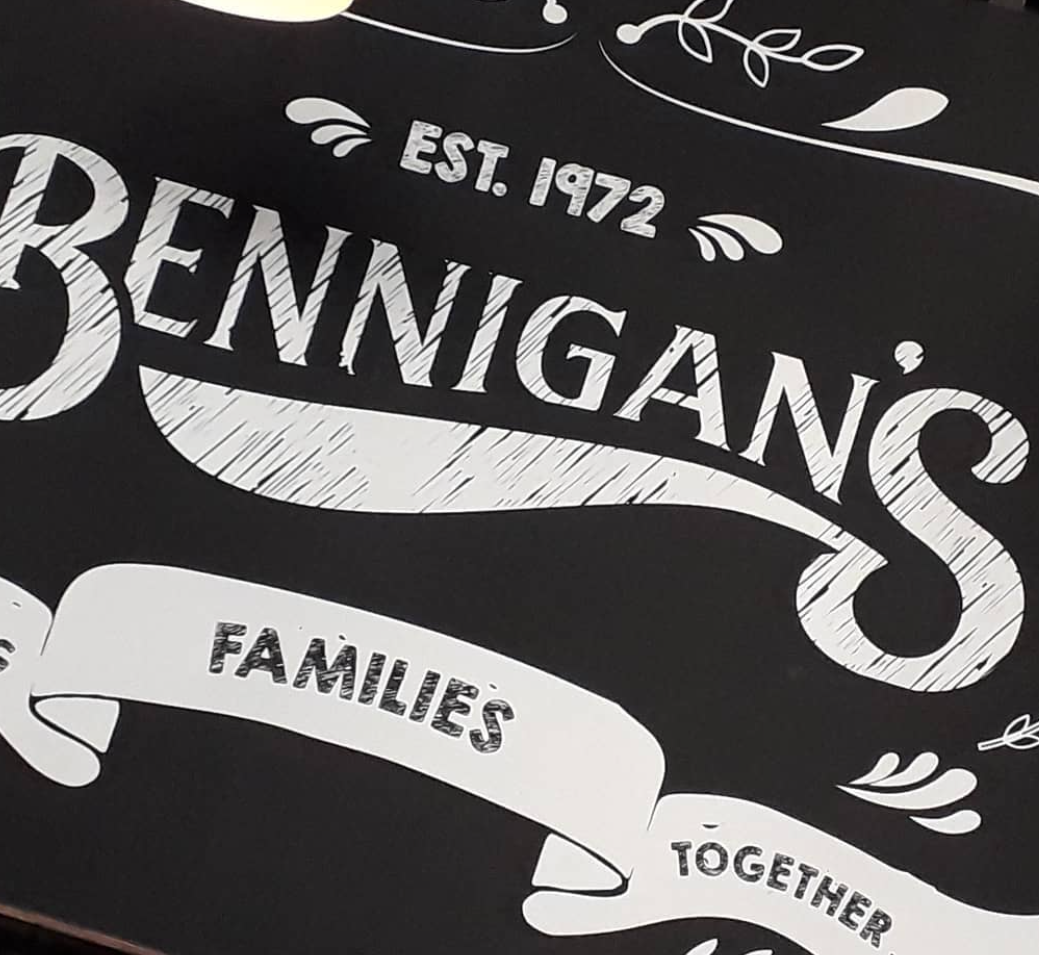
Bennigan’s was technically a sit-down restaurant. But the company still experienced major loss. How did things go wrong? The business did not turn much of a profit.
In fact, the parent company that owned Bennigan’s filed for bankruptcy in 2008 along with Steak & Ale, which was a slightly more upscale eatery.
A few franchise-run Bennigans still exist, but they definitely don’t have the presence they used to. The year 2008 was rough for everyone, including these restaurant chains.
Mighty Casey’s
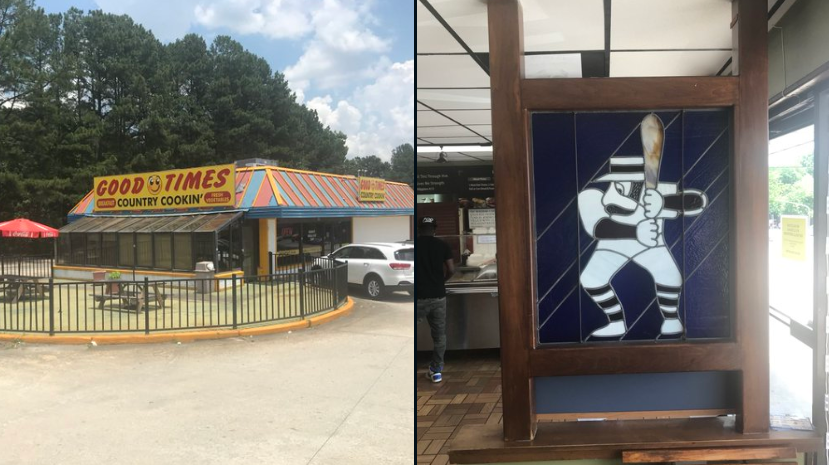
Atlanta is the original home of Mighty Casey’s. The good news is that the restaurants didn’t have the worst kinds of issues — they were bought out.
A chain called Krystal took over many of the locations. They’re still pretty successful, with 360 locations. If you’ve never been, people say their burgers are awesome.
They compare Krystal burgers to White Castle ones. They’re small but incredibly delicious. Some locations even still have unique stained glass left over from Mighty Casey’s.
Red Barn
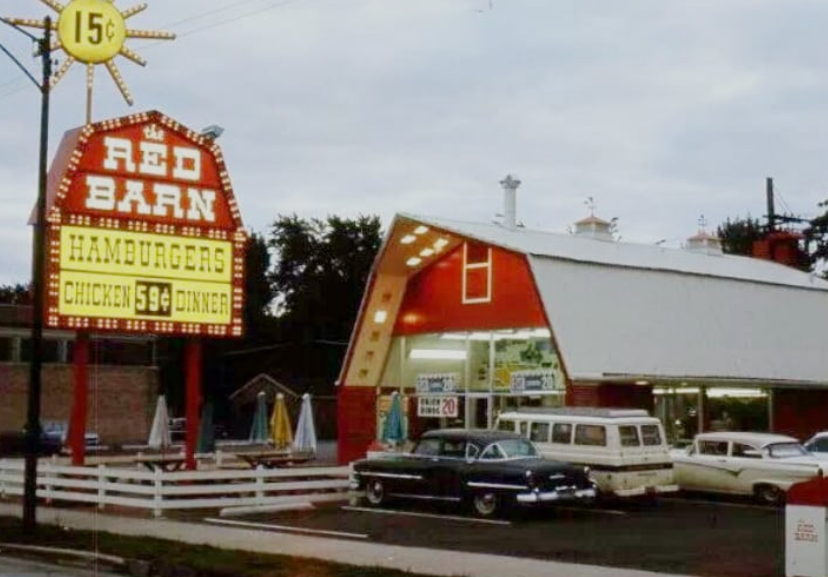
Red Barn originated back in 1961, and they closed their doors in 1988. Red Barn chains were popular in New York for serving up burgers with unique names.
They had names like the “Big Barney” and the “Barnbuster.” They also sold chicken. With this variety of affordable food, Red Barn was pretty popular.
The chain was even called the most successful small chain restaurant in all of Buffalo, NY. Accordingly, the chain’s cancellation was a pretty big deal.
White Tower
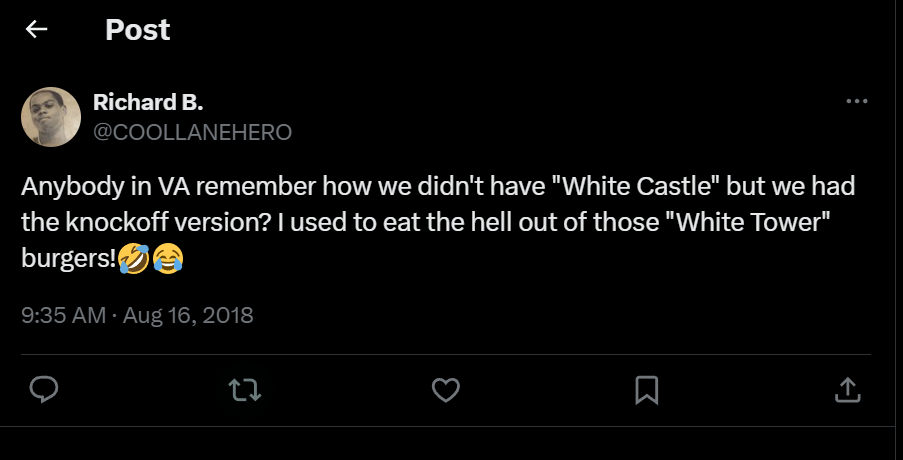
What better way to complete with White Castle than to create a White Tower? White Tower Hamburgers seemed to draw a lot of inspiration from White Castle.
Consequently, the original burger joint sued the imitator, forcing White Tower to change its logos and decor. The chain got to keep its name, however.
While White Castle is still going strong with multiple locations, though, White Tower called it quits in 2004. Apparently, a tower can’t compete with an entire castle.
Chi-Chi’s
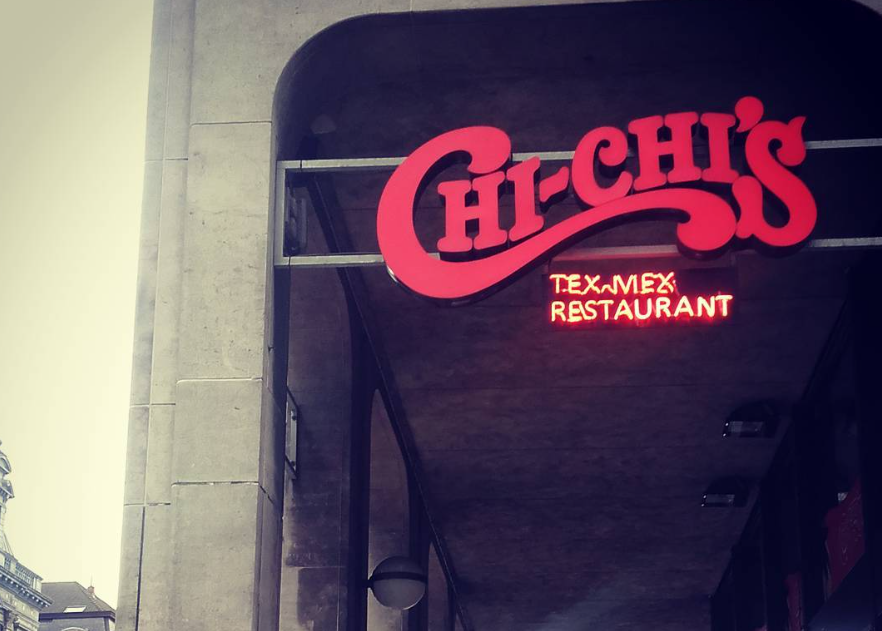
Technically, Chi-Chi’s is still operating, but the chain left America and Canada back in 2004. The company went bankrupt after some bad press — but, rightfully so.
There was a huge issue with illnesses occurring after eating at the chain. Apparently, Chi-Chi’s sold green onions tainted with hepatitis A. That’s not good.
We’re curious if people overseas know about the contamination issue. We’re not sure we would be willing to trust the onions at a Chi-Chi’s knowing this.
All Star Café
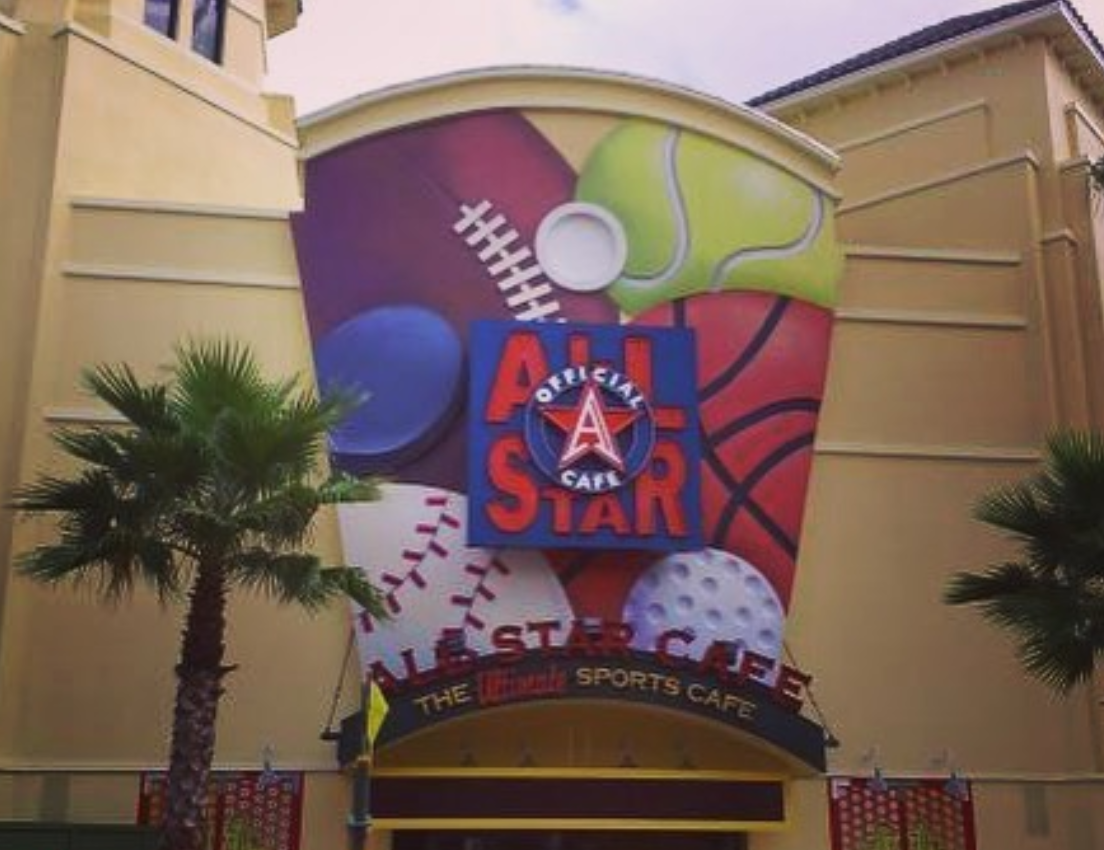
It’s not like America really needed another gimmicky restaurant anyway, right? The brains behind Planet Hollywood enlisted the help of several celebrity athletes to promote this chain.
The theme restaurant opened back in 1995. And the All Star Café many notable locations. But like so many other chains, its parent company went bankrupt.
After the bankruptcy, all of the All Star Cafés started slowly closing locations. The last one shut its doors in 2007. It had a good run.
Wimpy’s
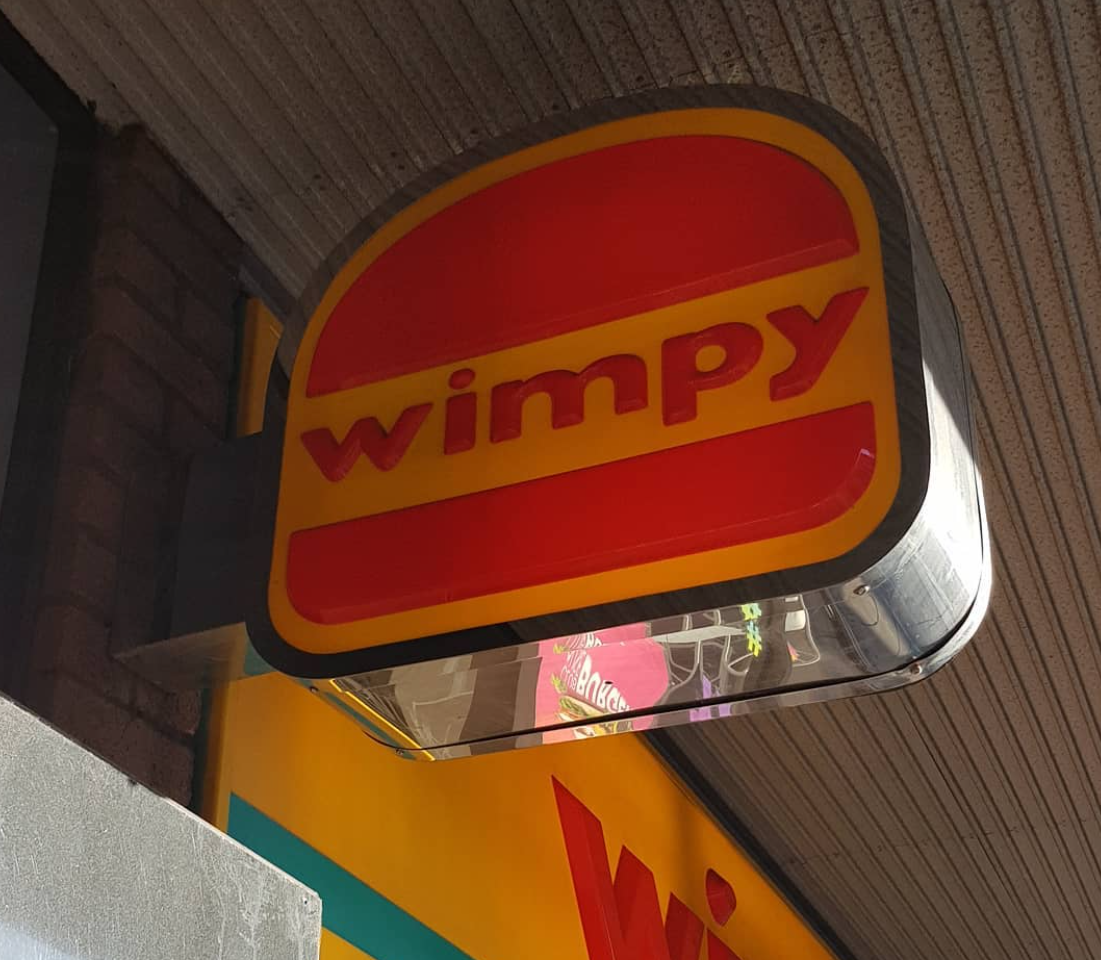
Remember the famous line, “I’ll gladly pay you Tuesday for a hamburger today”? That was the Wimpy’s catchphrase. The Indiana-born burger chain started in 1934.
But it failed to remain successful in the United States as the decades progressed. Interestingly, though, the Wimpy’s chain still exists in the United Kingdom.
It’s also incredibly popular in South Africa. So if you’re looking to try a Wimpy burger for yourself, you know where you need to go.
Quiznos
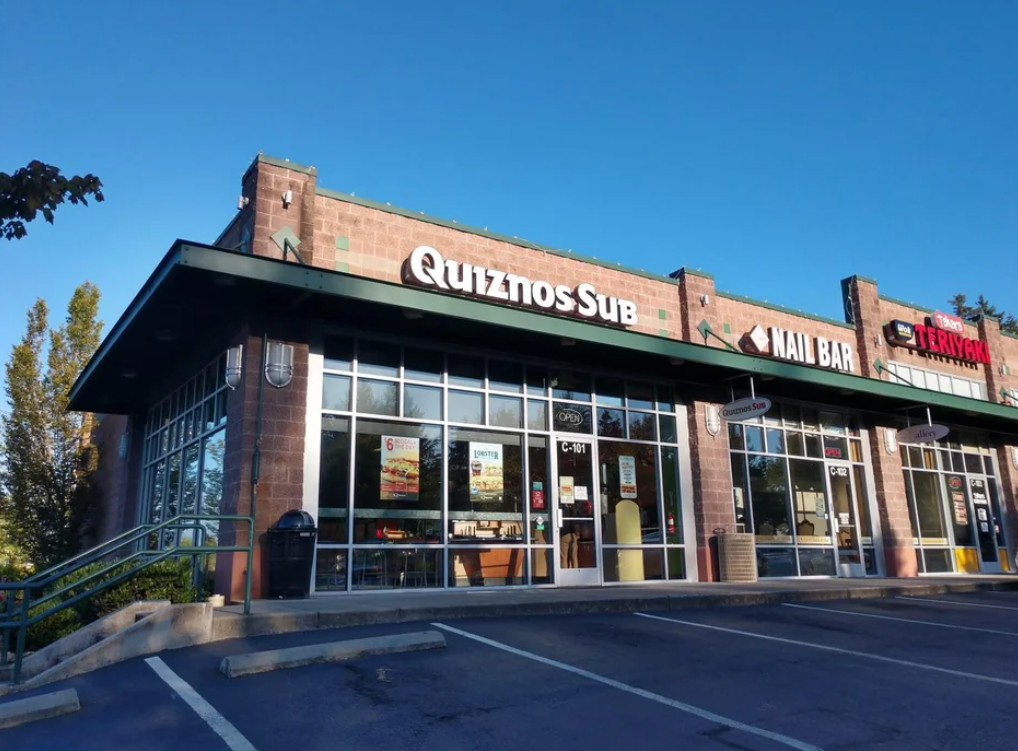
Okay, so they’re not officially extinct — but most locations shut down in recent years. The company isn’t doing well, and Quiznos locations are hard to find.
Quiznos has been referred to as one of the “biggest restaurant failure stories of the 21st Century.” And no fast food chain is vying for that title.
Some franchise Quiznos locations still exist. We wish them the best, but Subway seems to have the sandwich market on lock. Although honestly, Quiznos was awesome.
Lum’s
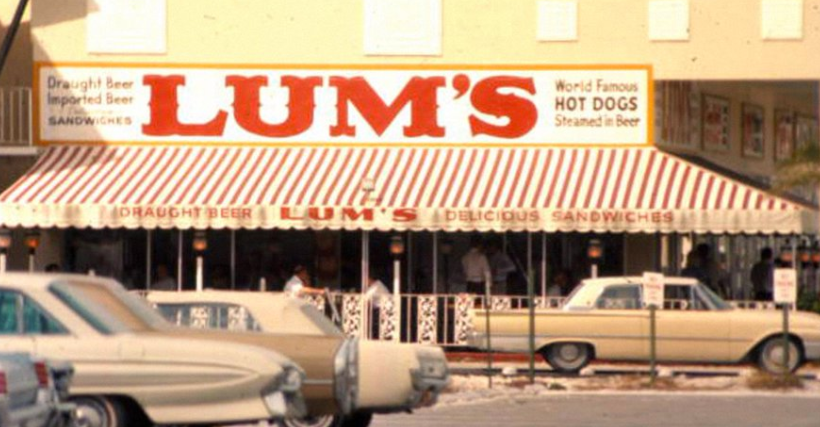
Lum’s rushed onto the fast food scene in the ’50s. People knew and loved the small fast food chain for its legendary beer-steamed hot dogs.
And over time, 273 different locations existed. But it couldn’t last for the long haul. Most locations closed when the Lum’s company filed for bankruptcy.
Only one Lum’s lasted throughout the 2000s and 2010s, and it was located in Bellevue, NE. Unfortunately, the chain sold its last hot dog in 2017.
Yankee Doodle Dandy
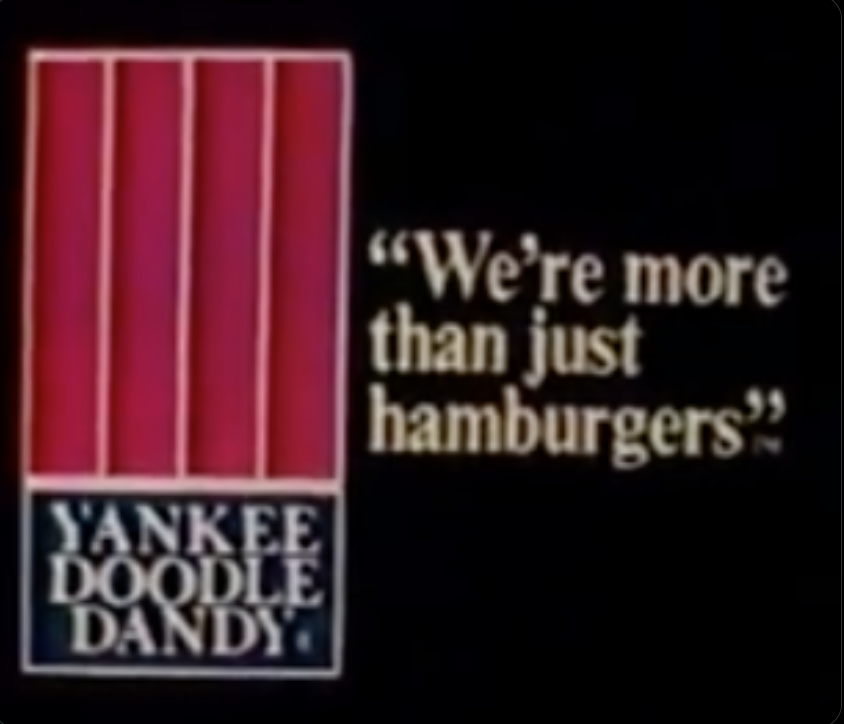
At one point, there were 27 Yankee Doodle Dandy locations in the United States. The chain had an American theme and used patriotic colors and decor.
Yankee Doodle Dandy served up famous burgers, but they closed in the 1980s. People still think of the restaurants fondly and reference them in nostalgic posts.
Yankee Doodle Dandy restaurants were a big part of many people’s childhoods, and they apparently offered up tastes that other chains didn’t. They’ll be missed.
Beefsteak Charlie’s
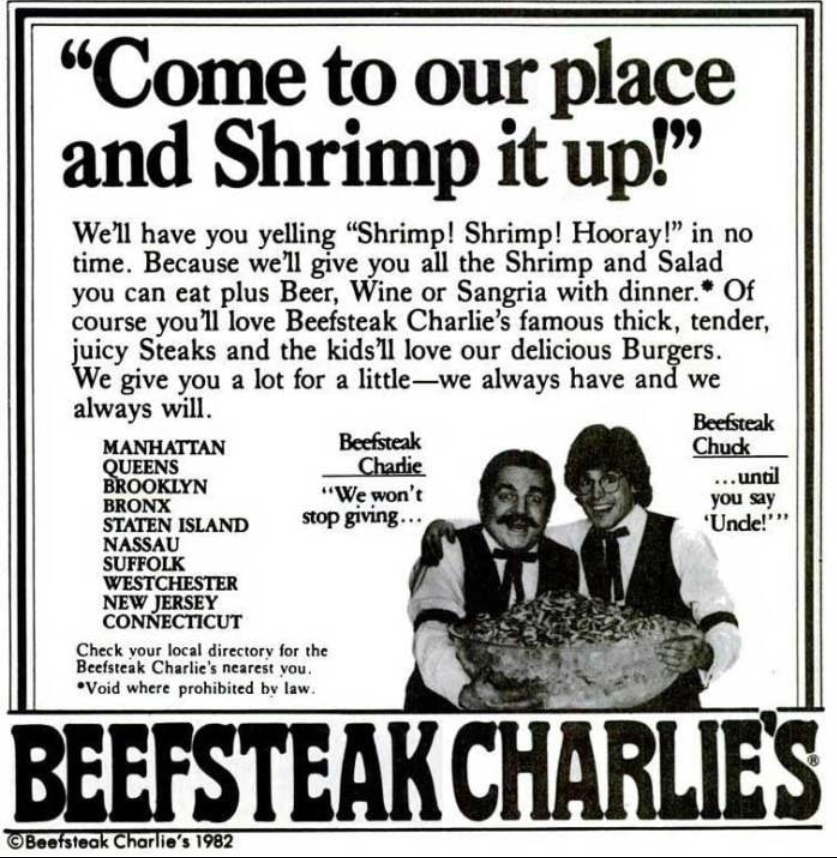
Beefsteak Charlie’s had up to 60 locations but ended up closing in the mid-1980s. The restaurant was all about steak and shrimp, which is certainly unique.
And commercials featuring the Beefsteak Charlie mascot made it seem like he’d personally go to your table and shove free food at you. Sounds…fun?
The chain reportedly also served a ton of booze for the adults. Two locations held on for some time, but they shut down in 2001.
Crumbs Bake Shop

Crumbs Bake Shop was once a beloved chain known for its gourmet cupcakes. It experienced a meteoric rise in the early 2000s after opening in 2003.
Crumbs expanded quickly by capitalizing on the current artisan cupcake trend. By 2009, its shops were generating over $1.2 million each! That’s a lot of cupcakes.
But by 2013, Crumbs was struggling, with losses exceeding $18 million. This was due to overexpansion, a declining cupcake fad, and intense competition. It closed in 2014.
Horn & Hardart
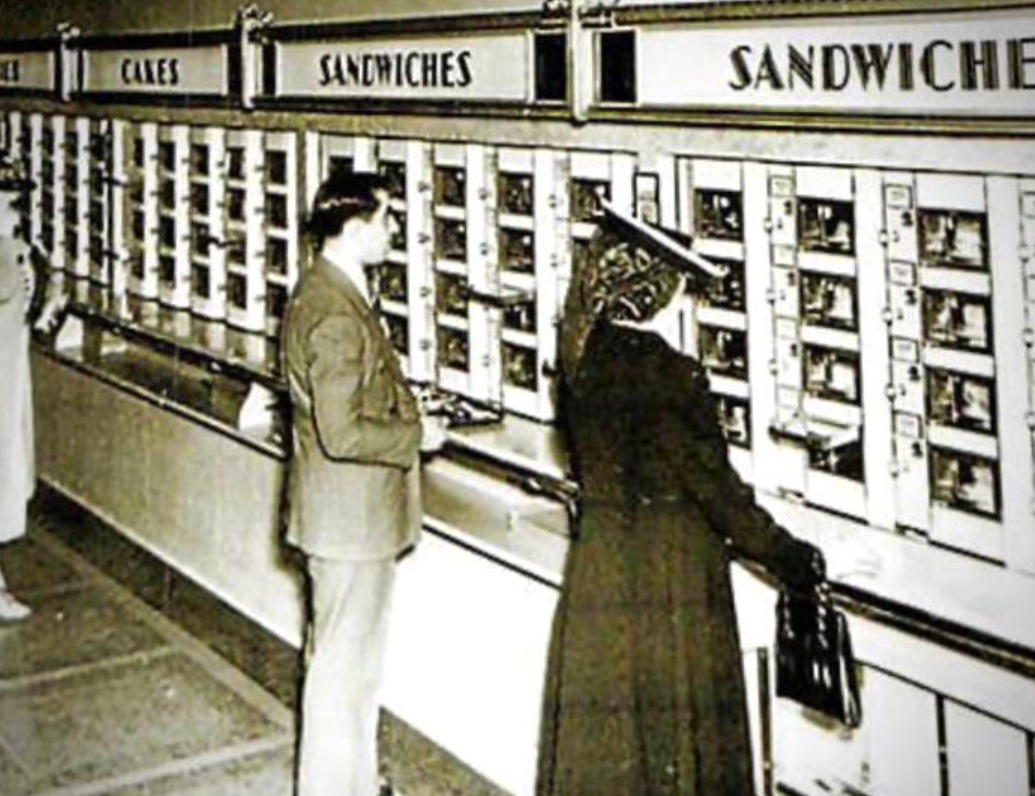
Horn & Hardart was renowned for pioneering the automat concept in the United States. It transformed dining with a fast, efficient, and contactless service model.
Established in Philadelphia in 1902, it expanded, especially during the 1920s to 1950s to over 180 locations in New York and Philadelphia. But success wouldn’t last long.
The rise of traditional fast food led to its decline, with the last New York City location closing in 1991. Still, this chain left a lasting legacy.
VIP’s
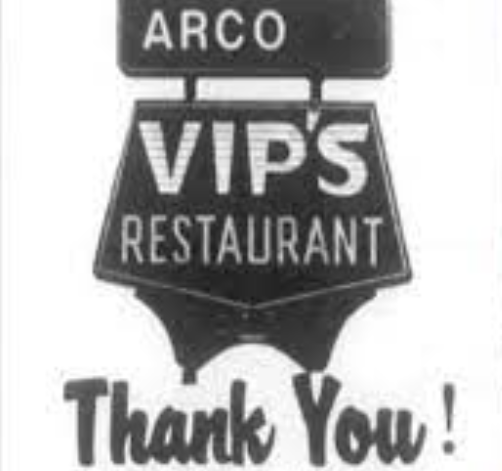
VIP’s was a trailblazing 24-hour diner chain that emerged in 1968, near Tualatin, Oregon. It distinguished itself with a menu that included breakfast, lunch, and dinner classics.
At the peak of its success, VIP’s boasted over 50 locations, becoming a beloved dining establishment. However, the chain’s story came to an end in the 1980s.
Its owners sold 35 restaurants to Denny’s in 1982, prioritizing employees’ job security. This marked the beginning of the end for VIP’s, which eventually phased out entirely.
Henry’s Hamburgers
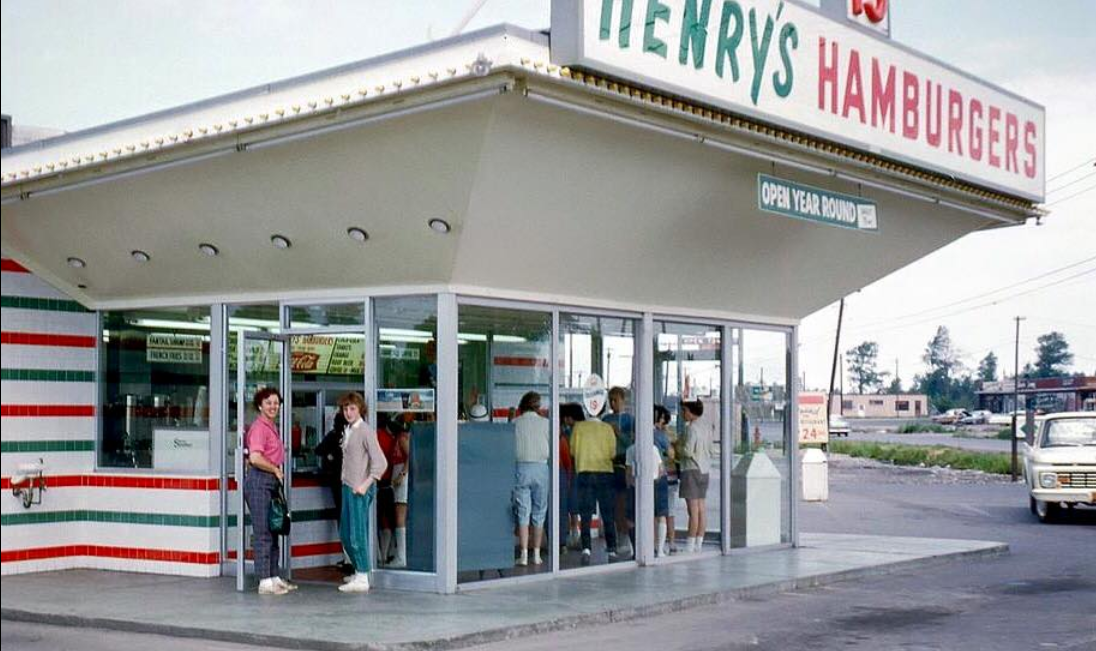
Henry’s Hamburgers, launched in 1954 as a drive-in in Chicago, grew into a formidable competitor in fast food. It even eclipsed McDonald’s in the early ’60s.
Renowned for its hamburgers, fries, and milkshakes, the chain epitomized the new and growing American fast food scene. However, by the mid-1970s, Henry’s began to falter.
Today, only one vestige of the once-expansive chain remains in Michigan, serving as a nostalgic reminder of its former glory. Henry’s Hamburgers lives on in memory.
Little Tavern
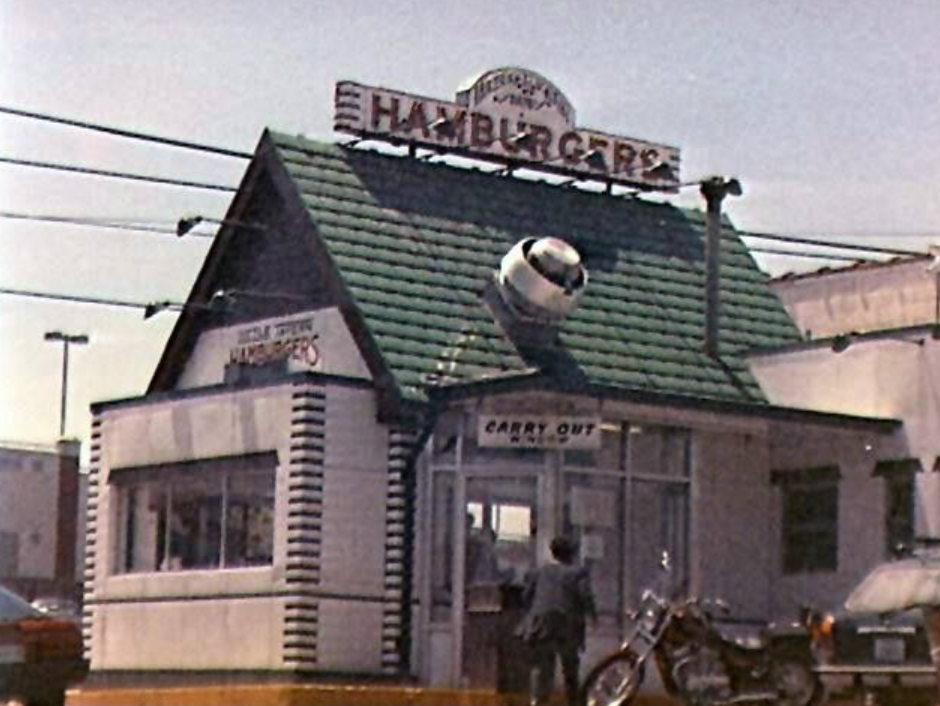
Little Tavern was a highly popular chain reminiscent of White Castle. It opened its doors on the East Coast six years after its counterpart in 1927.
Known for its distinctive “Buy ’em by the bag” slogan, Little Tavern specialized in small, square hamburgers. It embodied the essence of classic American fast food.
But changing tastes and economic pressures led to the closure of the last Little Tavern in 2008, marking the end of an era for this beloved institution.
Pup ‘n’ Taco
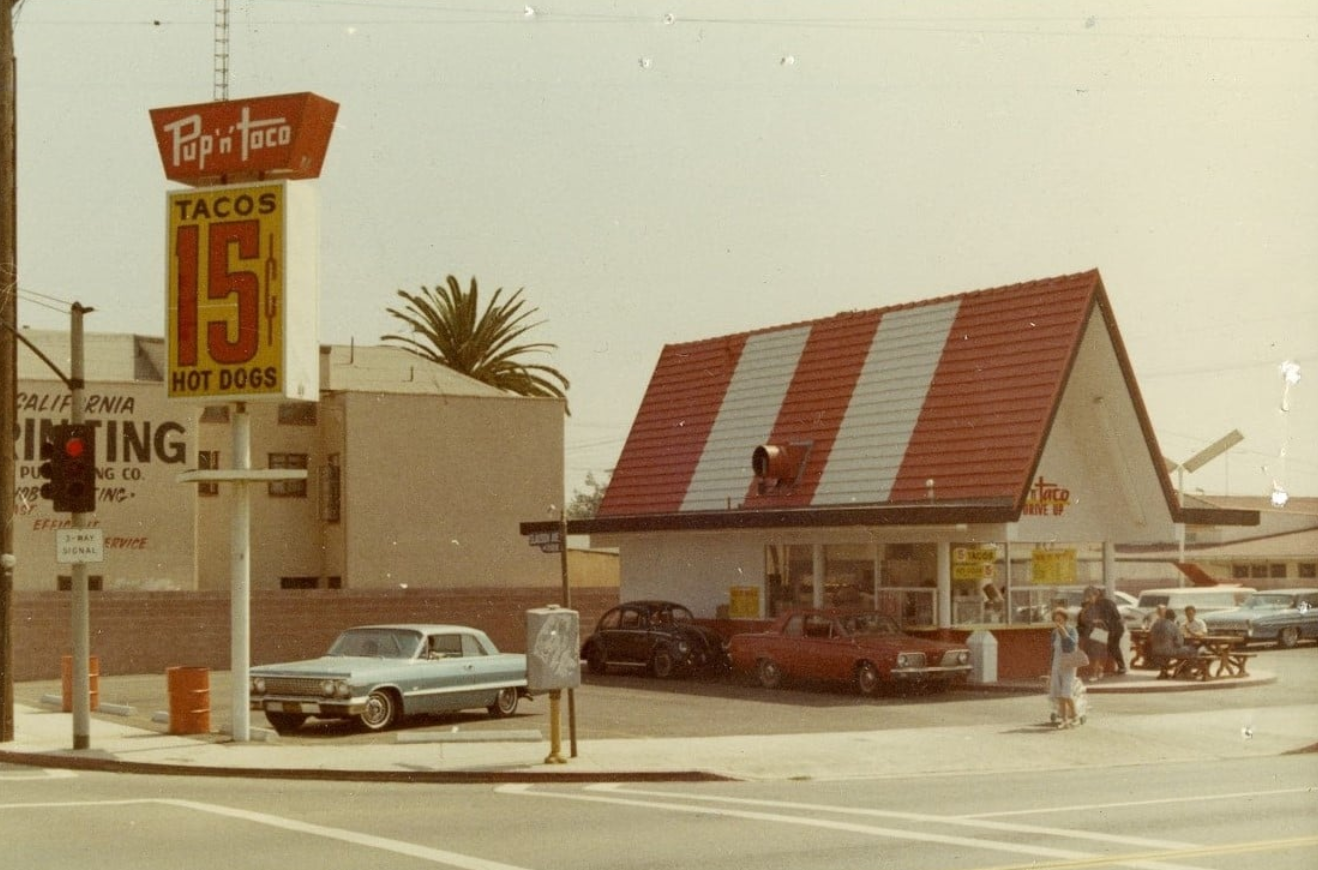
Pup ‘n’ Taco was founded by Russ Wendel in 1956. It quickly became a Southern California favorite, offering a unique combination of different menu options.
The “pup” in Pup ‘n’ Taco was hot dogs. It also served up tacos, burgers, and slushes. At its height, the chain boasted over 100 locations,
However, most Pup ‘n’ Taco stores were bought by Taco Bell in 1984. This eventually led to the closure of the remaining locations in the early 2010s.
Valle’s Steak House
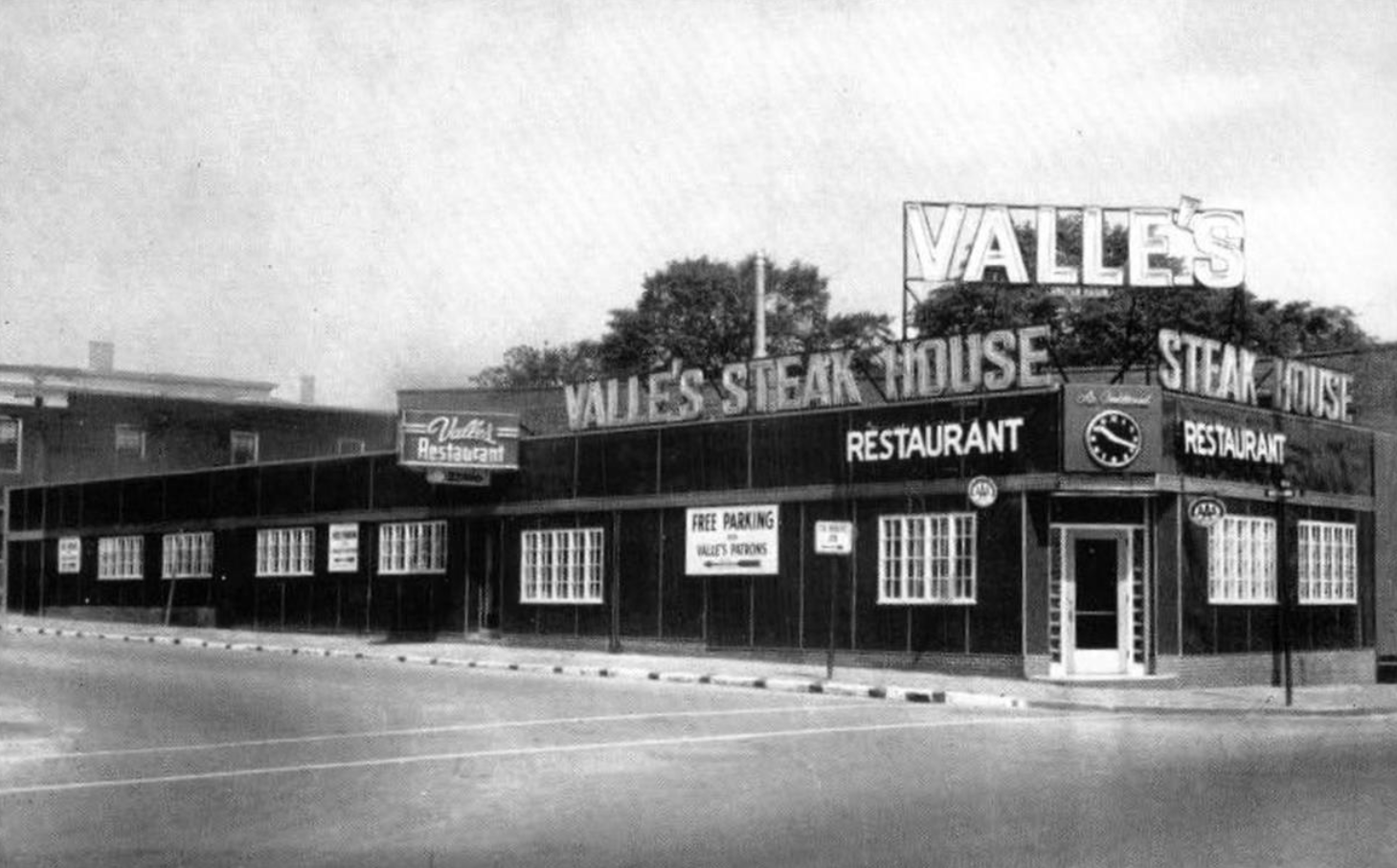
Valle’s Steak House was established in 1933, and it quickly rose to prominence as an East Coast dining destination. It was celebrated for its steaks and lobsters.
The restaurant had a reputation for quality. And its exclusive supply deal with a Chicago slaughterhouse didn’t hurt, either. Valle’s epitomized the American steakhouse experience.
However, an aggressive expansion strategy in the early 1970s proved unsustainable. Add in changing dining preferences, and Valle’s Steak House couldn’t last beyond the early 2000s.
Pizza Haven
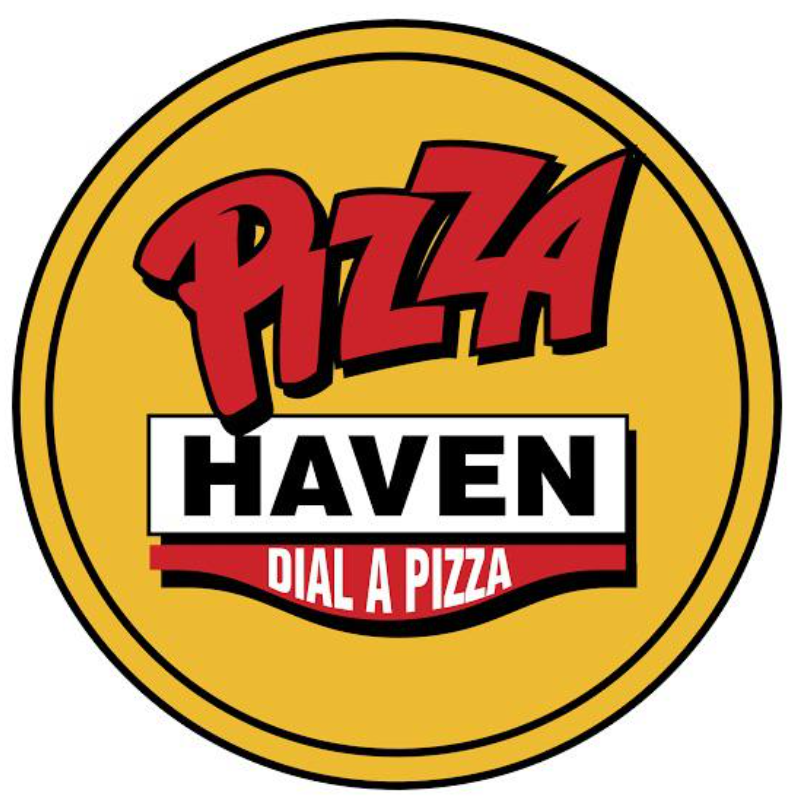
Pizza Haven was founded in 1984 by the Christou brothers in Australia. They leveraged a $24,000 mortgage on their parents’ home to start their dream business.
The chain became popular quickly and expanded across Australia and New Zealand. It was a major player in the region’s fast-food landscape in the 1980s and 1990s.
Unfortunately, stiff competition from larger chains and shifting market dynamics would lead to Pizza Haven’s downfall. It was sold to Domino’s and Pizza Hut beginning in 2006.
Pumper Nic
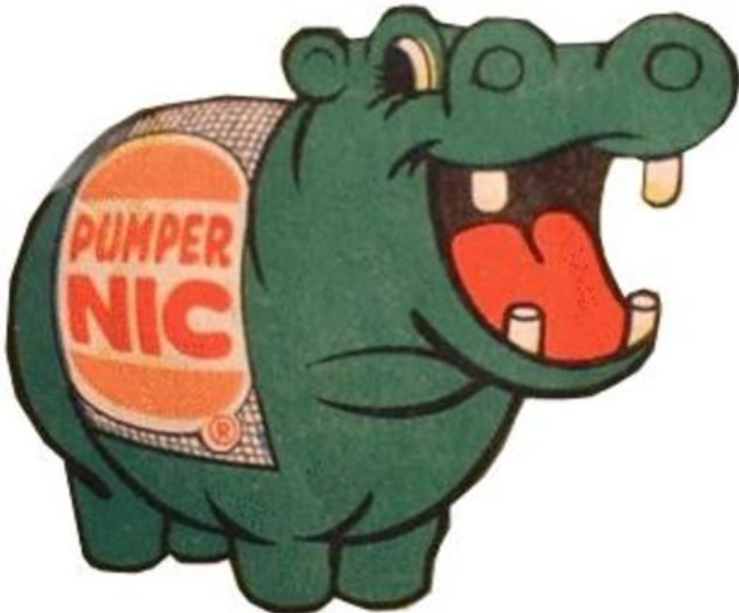
Pumper Nic was an iconic fast-food chain in Argentina founded in 1974. It quickly captured the hearts of locals with its sandwich-centric menu when it popped onto the scene.
Pumper Nic’s logo bore a striking resemblance to that of Burger King. They had to change the logo after a lawsuit by the bigger chain.
Despite its popularity, Pumper Nic couldn’t withstand the competition from international giants, leading to its closure in 1999. Still, the chain’s legacy endures.
Blimpie
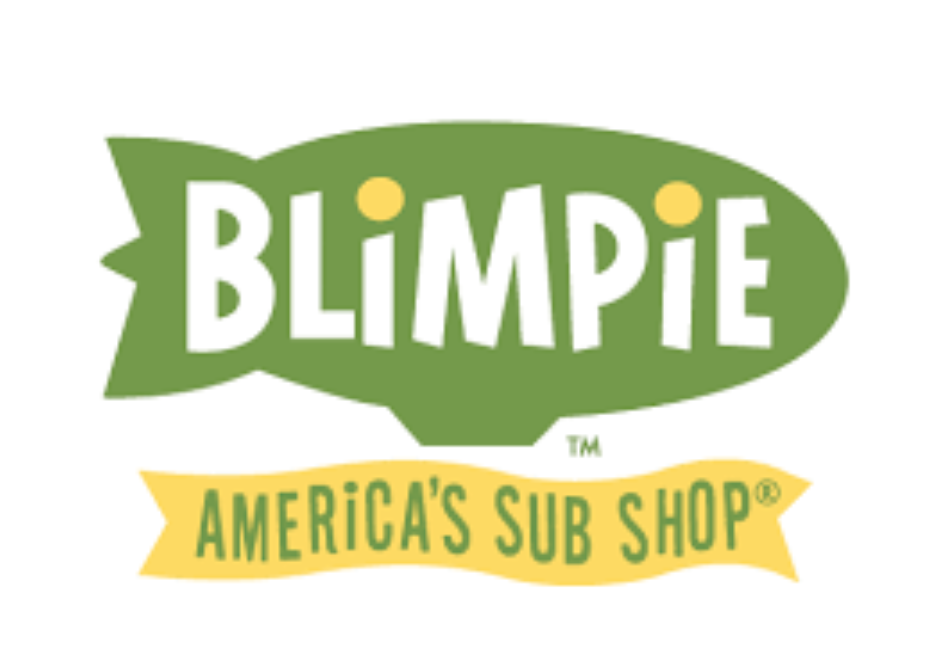
Blimpie is another restaurant on this list that isn’t technically gone, but you’d be hard-pressed to find a location. The once-great sub shop opened in 1964.
It expanded rapidly, but by the early 2000s, it was facing serious competition from Subway. Its sales declined, and between ’01 and ’11, Blimpie closed 1,114 stores.
Only a few locations are operational today, which is incredibly sad for those of us who used to frequent the shop for lunch. We miss you, Blimpie!
Wetson’s
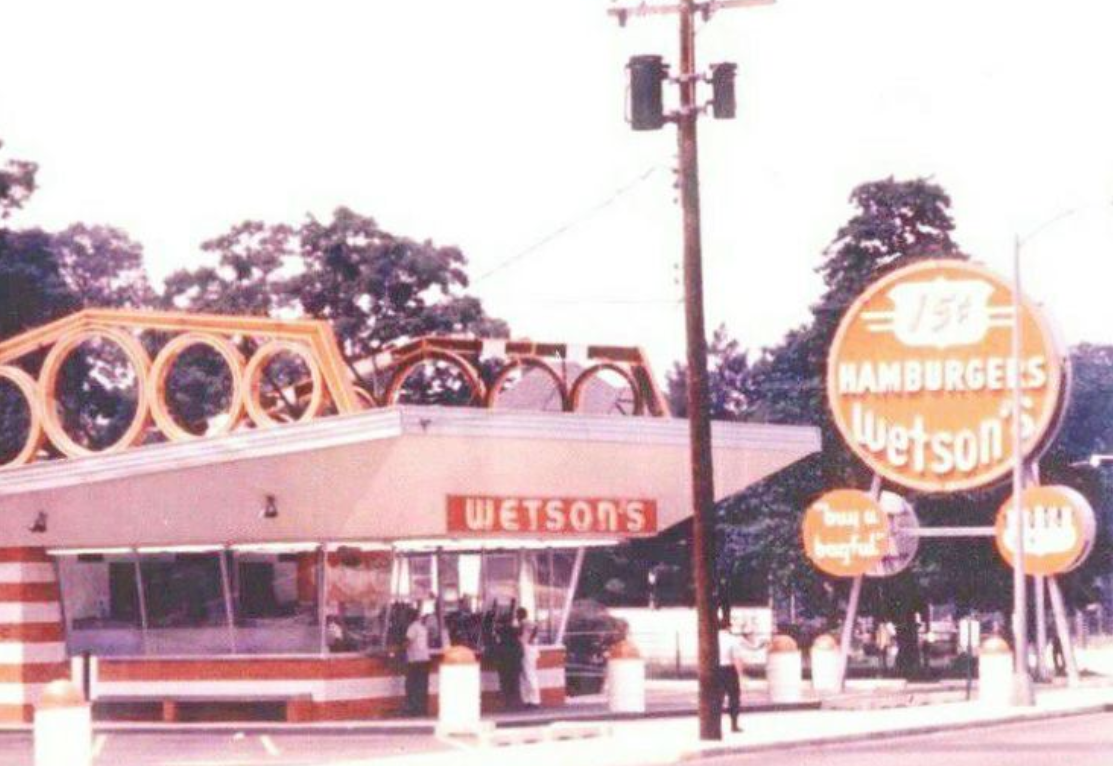
Wetson’s was an American fast-food chain known for its “Big W” burger, 15-cent burgers, and 10-cent fries. Founded in 1959, it grew to approximately 70 locations.
The end of Wetson’s story will sound familiar: they just couldn’t compete with major chains like Burger King and McDonald’s. It merged with Nathan’s Famous in 1975.
This couldn’t reverse Wetson’s fate, though, and it closed later that same year. This marked the end of Wetson’s brief but memorable stint in the fast-food industry.
The Training Table
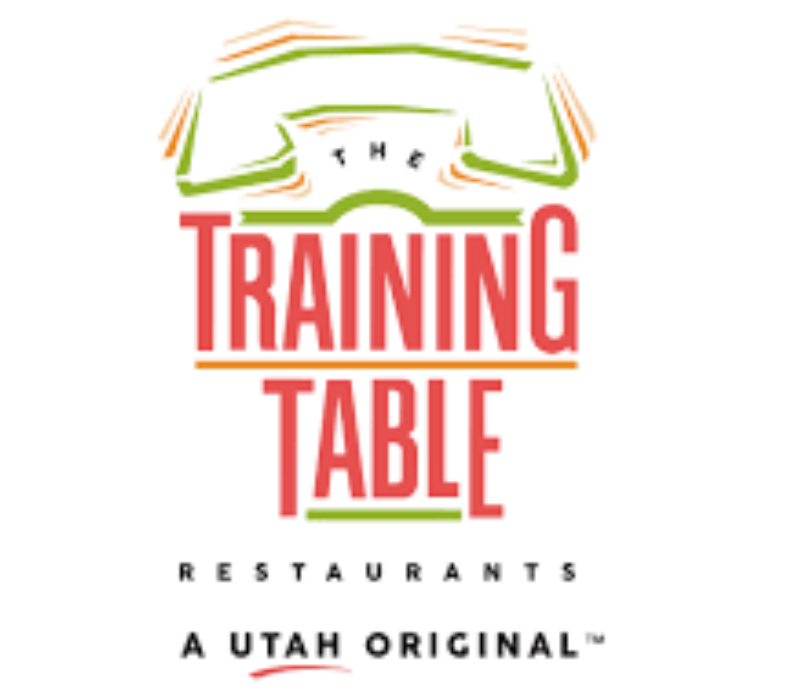
The Training Table was a regional fast-food chain in the state of Utah, founded in 1977. It grew popular quickly for its gourmet burgers and cheese fries.
The restaurant also had a unique ordering system using in-house telephones at each table. We’re still not completely sure where the name “The Training Table” comes from.
The chain faced financial difficulties and family disputes, which led to its closure in 2016. But it might be making a comeback, with hints emerging in 2022.
ShowBiz Pizza Place
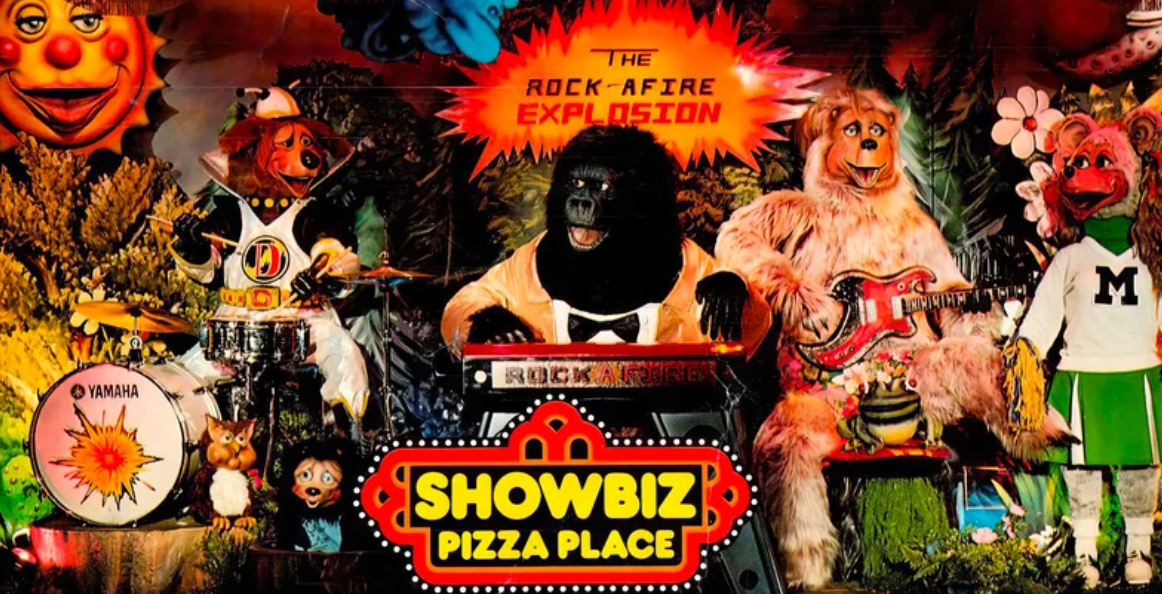
The Five Nights at Freddy’s fever dream shown above depicts Showbiz Pizza, which was founded in 1980. It was famous as a family entertainment location.
It had arcade games, coin-operated rides, and animatronic stage shows. What does that remind you of? If you said “Chuck E. Cheese,” you would be correct.
Showbiz Pizza actually emerged from a split with Chuck E.’s and became a competitor. The two brands later merged again, however, and the Showbiz Pizza brand disappeared.
Sandy’s
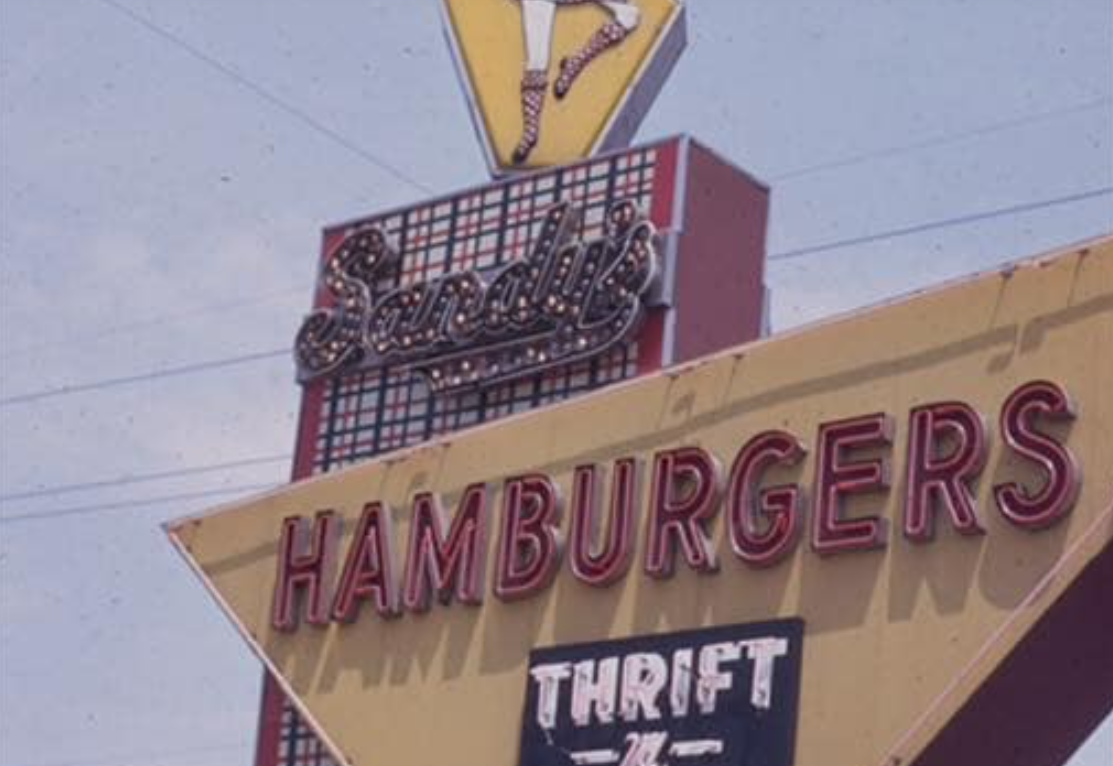
Sandy’s was an American fast-food chain founded in 1956 in Illinois. It distinguished itself with unique Scottish-themed branding as a way of competing with hamburger giant, McDonald’s.
Despite early success and expansion to over 120 locations, financial challenges led to a merger with Hardee’s in 1971. By 1979, the last Sandy’s location was converted.
What is Hardee’s, you ask? If you live on the West Coast, you’ll know this fast food brand as Carl’s Jr. The two brands merged in 1997.
Fast Food Failures
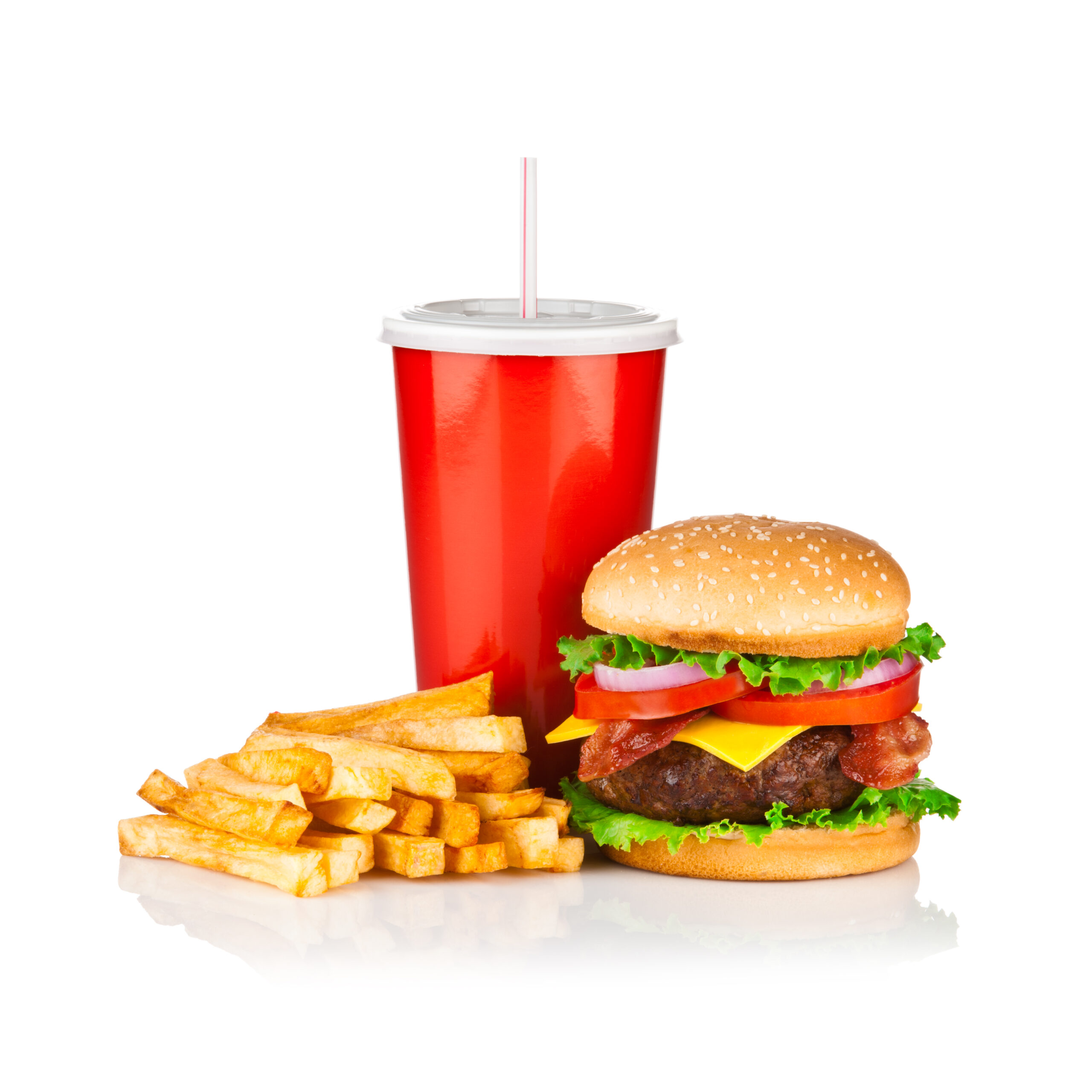
The history of fast food is marked by both colossal successes and notable failures. From Crumbs Bake Shop to Sandy’s, each defunct chain tells a story.
Whether it was overexpansion, consumer tastes, or financial mismanagement, these closures highlight the volatile nature of the food service business. It’s not all hamburgers and French fries.
Still, the legacy of these once-popular eateries lives on, offering valuable lessons for future restaurateurs. And leaving behind a taste of nostalgia for those who remember them.
